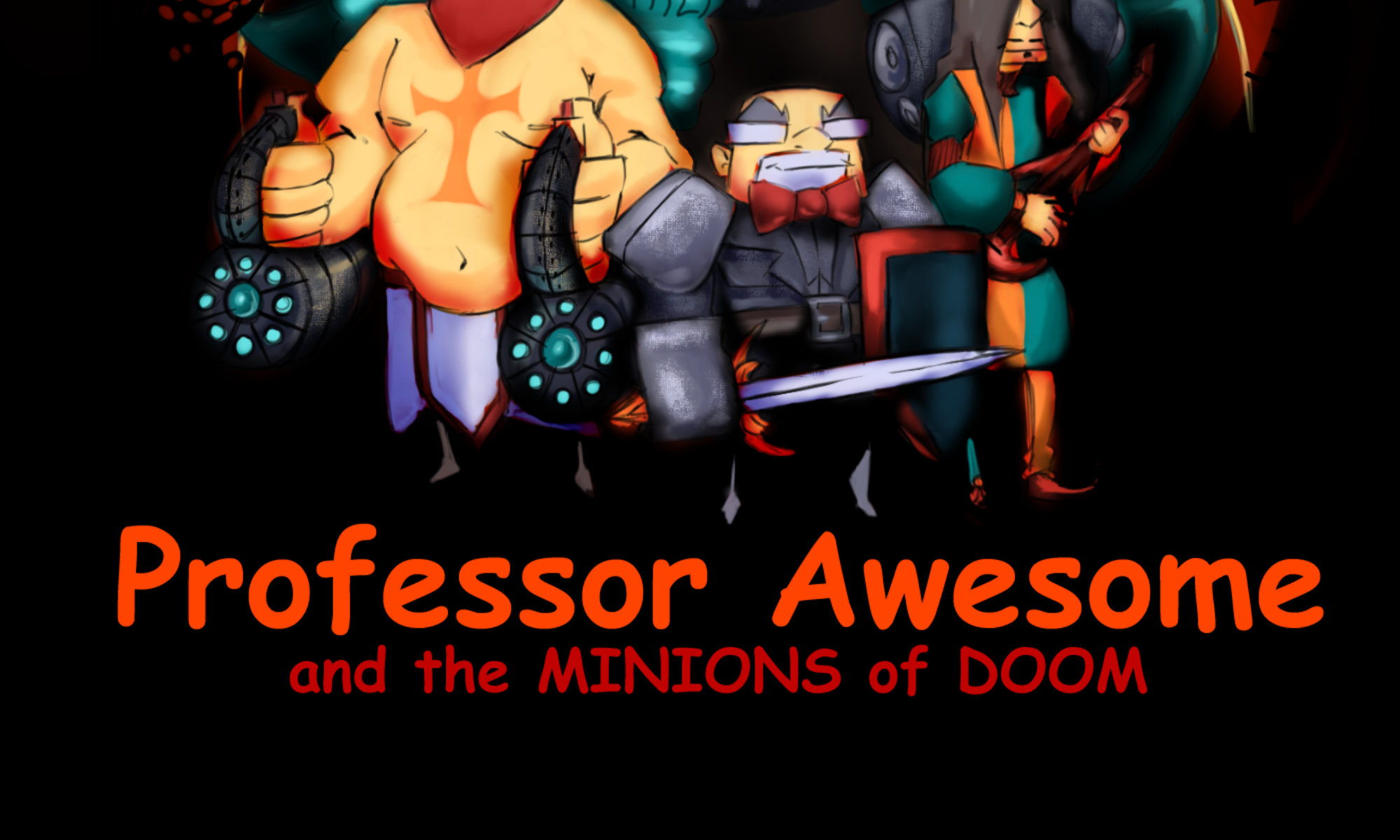This video of Wil Wheaton responding to a little girl asking about how to deal with being called a “nerd” at the Denver Comic Con has gone viral, but one part of the response is a little strange.
The gist of Wheaton’s response is that when people try to make you feel bad, it’s generally because they feel bad about themselves. All that is pretty standard stuff.
But the weird part is when he speaks as if nerdiness is somehow an innate trait:
It’s never OK when a person makes fun of you for something that you didn’t choose. You know, we don’t choose to be nerds. We can’t help it that we like these things, and we shouldn’t apologize for liking these things.
Wheaton has two different ideas going here. The first is one that Wheaton has expressed before — that being a nerd (and he uses the words “nerd” and “geek” interchangeably) is about what you like, your preferences. The second idea, that this is somehow an innate trait, appears to be a departure from earlier statements. Take, for example, this response, aimed at a newborn, last year:
Not surprisingly, addressing a newborn, Wheaton doesn’t really push this idea that being a nerd is something you don’t choose, because if being a nerd is innate (and presumably not something readily apparent in infants), then there is no reason to assume that the child will be a nerd. Instead, he presents being a nerd as a choice:
It’s not about what you love; it’s about how you love it. So there’s going to be a thing in your life that you love, and I don’t know what it’s going to be. It might be sports, it might be science […] it doesn’t matter what it is. The way you love that, and the way you find other people who love that the way that you do is what makes being a nerd awesome.
Last year’s response is really different than this year’s response. In 2013, Wheaton presents nerdiness as being about a choice to unashamedly embrace the things one loves, and fellowship with others who love those same things. In 2014, however, Wheaton presents it as an innate love of particular things that are generally defined as nerdy. This is
Of course, in both of these responses, Wheaton is addressing children, and is simplifying an issue he has no doubt thought about a great deal. You can hear in his gentle tone and slow cadence his attempt to connect with the children, so it would be wrong to declare this some sort of geek manifesto as some have done. Wheaton is ultimately trying give these children (and the present audience) the freedom to be nerds … and given the response of the interwebs, he seems to have been pretty successful.
But the apparent inconsistencies is not, I think about addressing children, nor is it because Wheaton hasn’t thought clearly about these issues. Instead, I suspect it’s because the role of geeks and nerds is rapidly changing in our culture, to the degree that it’s becoming more difficult to distinguish between nerd culture and popular culture.
Wheaton and I are about the same age, and when we were children, to be interested in things like computers was definitely a nerdy interest. You could play the occasional game of Pac Man or Donkey Kong, but excessive interest in video games created a social stigma. Reading pre-Harry Potter was bad; when adults used the word “bookish” to describe you, it wasn’t a compliment.
Today, bullying is more likely to come from NOT reading the coolest books, from NOT playing the latest video games. My own teenage son (who, very unlike his father, has twice been the top phys. ed. student at his school) spends most of his free time shouting into a headset to his friends about the various tactics they are using in their MMORPGs. When other kids are physically present at our house, he either recruits them to play basketball or Munchkin. He doesn’t get beat up because he has a cane with a d20 handle — his friends think it’s cool.
It’s harder to tell geek culture from other parts of the culture, so if I had to choose one of Wheaton’s approaches when talking to children, I’d choose his earlier position. We do choose to be nerdy, to cultivate our interests, and to associate with similar nerds, whether we’re baseball stat geeks or steampunk cosplayers. Gleefully celebrating those choices is a more sustainable position as nerd culture becomes more and more mainstream.








